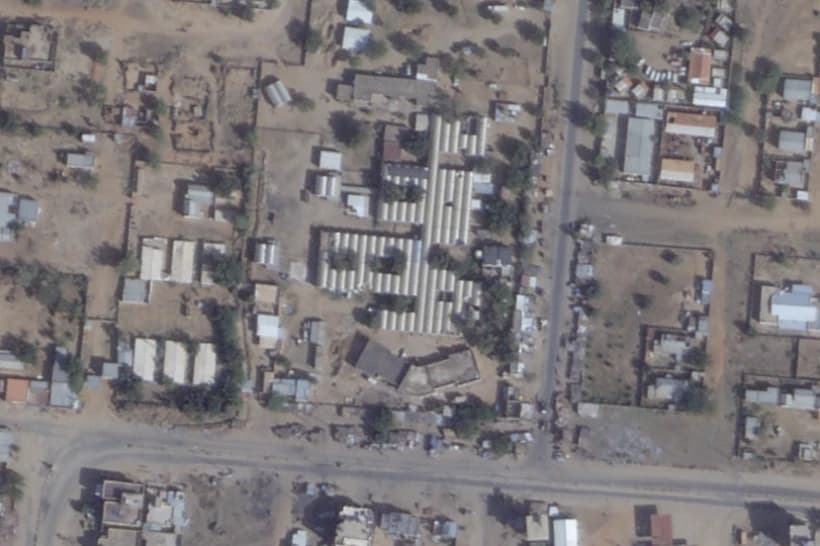LEICESTER, United Kingdom – One of the nations being affected by the USAID funding cut is Sudan, which is undergoing a civil war.
There is hope the conflict between the Sudanese Armed Forces (SAF) and the Rapid Support Forces (RSF) that began in 2023 and has caused thousands of deaths and forced more than 11.5 million people from their homes, could soon end.
The Sudanese army is moving quickly to liberate Khartoum – the heart of the capital – from all directions.
Howard Mollett, Head of Humanitarian Policy at the Catholic aid agency CAFOD – the international aid agency of the Catholic Bishops’ Conference of England and Wales – says international aid is very critical to help the population as the UNOCHA and UNHCR launch an appeal for the country.
“The UN appeal comes at a critical time. Over forty percent of global funding for life-saving programs in Sudan came from the U.S. government until now. Given the chaos caused by the US administration’s decisions to shut down USAID, we desperately need other governments step in. There are millions of people in Sudan facing famine, extreme hunger and suffering,” he said.
U.S. President Donald Trump made an executive order on Inauguration Day imposing a 90-day freeze on expenditures by the U.S. Agency for International Development (USAID), worsened the situation in Sudan, halting local public health, food assistance, and mutual aid to suffering civilian populations in Sudan.
CAFOD says acute food insecurity, disease and sexual violence are rampant, with famine conditions verified in several regions, including IDP camps in North Darfur and the Western Nuba Mountains in South Kordofan.
“National and local civil society organizations have been the first responders throughout Sudan’s on-going crisis, and we must continue and expand support to them. Local church groups, community networks and women’s groups risk their lives every day to support people trying to survive and find a way to safety in this cruel war,” Mollett said.
“Funding through the UN system was already struggling to reach those groups, and this will only get harder as US funding is cut and international agencies struggle to adapt. Donors should rally to this appeal and increase support through partnerships rooted in solidarity with local groups,” he added.
Until now, CAFOD’s work to support life-saving programs in Sudan has been mostly supported through generous donations from supporters of CAFOD in the Catholic community in the UK.
The agency works through long-term partnerships with the local church, women-led organizations and other community networks. Insufficient funding, compounded by concerns about the impact of the U.S. funding freeze, further makes worse the already dire humanitarian situation.
“The UN Appeal for Sudan and the regional response to forced displacement from Sudan must be a wake-up call to the international community,” said Kayode Akintola, the Head of Africa region at CAFOD, said the Catholic charity is continuing to provide essential cash, food, water, sanitation, and protection services to thousands of displaced individuals, ensuring immediate relief during this crisis.
“There is an urgent need to increase support for life-saving efforts like these across Sudan and neighboring countries hosting Sudanese refugees, not cut or undermine that support,” he said.
Follow Charles Collins on X: @CharlesinRome














